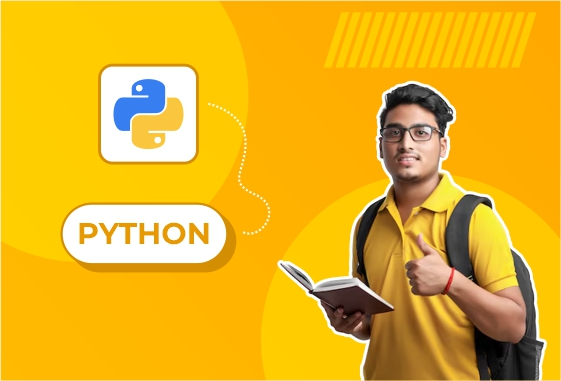
Decentralized AI Model Training
Project Title: Decentralized AI Model Training
Summary:
The Decentralized AI Model Training project focuses on building a system where machine learning models are trained across multiple devices or nodes without the need to centralize data. This approach enhances data privacy, scalability, and fault tolerance, and it is especially useful when training on sensitive data such as personal or medical information.
Instead of sending raw data to a central server, each node trains a local model on its own data and shares only the model updates (like weights or gradients). These updates are then aggregated—often using federated learning techniques—to form a global model.
Key Objectives:
Preserve data privacy by keeping raw data on local devices
Utilize distributed computing resources for scalable AI training
Explore federated learning and blockchain for secure coordination
Core Components:
Local Training Module: Runs on each client or node to train models on local data.
Central Aggregator or Coordinator: Gathers model updates and computes the global model (can be centralized or blockchain-based).
Communication Protocol: Handles secure and efficient transmission of model updates.
Technologies Used:
Python with TensorFlow Federated or PySyft
Flask/Django for backend services
WebSockets or gRPC for communication
Blockchain (optional) for decentralized coordination
Docker for containerization
Benefits:
Enhances privacy and security
Reduces network load from data transfers
Enables collaboration across data silos (e.g., hospitals, companies)
Applications:
Healthcare (collaborative model training across hospitals)
Mobile applications (training AI on user devices)
Finance (privacy-preserving fraud detection models)





